On its nonstop journey toward taking over the world, Facebook (excuse us — we mean Meta) launched Facebook Marketplace in 2016. It started as a platform where Facebook members could buy and sell things locally and eventually expanded to include businesses. Facebook and Marketplace reach a combined three billion users, so there are absolutely opportunities to make money on things you want to sell. But, unfortunately, it can also be a breeding ground for Facebook Marketplace scams.
Facebook has indeed laid down some ground rules for what you can and cannot sell. For instance, animals and healthcare products are off-limits. However, purchases aren’t protected, buyers and sellers aren’t vetted, millions of accounts are fake, and roughly one in six users have reported being scammed. How can you make the most of Facebook Marketplace while protecting yourself and avoiding scams? Here’s what to know about Facebook Marketplace scams.
15 Facebook Marketplace Scams to Run From

1. Counterfeits and Fakes
A picture is worth a thousand words … or is it? It’s pretty easy for a seller to post a photo of a stunning Gucci purse on Facebook Marketplace, but it ends up being nothing more than a cheap knockoff.
There are telltale signs to look out for — like the tag on the item and the lining. Ask to see a picture of it. Is it foolproof? No, but it’s a start.
2. Advance Payments
If a seller asks you to pay up before you meet and actually get to see the item, run, don’t walk, to the nearest exit. Never pay for things on Marketplace up front. It’s basically asking to be scammed.
3. Taking the Transaction Off of Facebook
Although Facebook doesn’t do much to protect its buyers and sellers, things can get even stickier if you take the conversation (and especially the payment) to another platform. If you decide to go this route, ensure that it’s a platform you’re comfortable with—like Venmo, PayPal, or Apple Pay. Otherwise, aim to contain everything to Facebook and keep it in one place.
4. Be Wary When Receiving Items in the Mail
Facebook does offer purchase protection, but be wary when receiving items by mail. You want to make sure that the buyer is honest about the product they have and what type of condition the item will be in. Good sellers will provide details about the product, pictures of any wear and tear, and post clear photos of the product. Bonus points if the seller adds a piece of paper with their name and the date with the product behind it to show that the seller indeed holds the product. If it feels like a scam, don’t risk it. In-person swaps are preferred, especially at a safe place (think SafeTrade Stations at local police stations where the public meeting spot is on camera and monitored).
5. Fake Accounts
Sometimes, it’s easier to spot a fake account than you think. Check out the seller’s profile. Do they have a profile picture and some of their basic information filled out? Do they have any activity, like recent posts? How long have they been a member?
Newer accounts or accounts that haven’t been filled out at all might be a red flag.
6. Fluctuations in Pricing
One tactic that Facebook Marketplace scammers use is to take offers, respond to buyers, and then randomly raise the price. Watch out for out-of-place increases like this.
7. Faulty or Non-functioning Items
This is especially the case if you’re buying any sort of tech gadget. Before you fork over the cash, test it out yourself to ensure that it’s fully functioning.
8. Fake Rentals
This is one of the riskier scams since it can involve a lot of money. Sellers will list housing or apartment rentals that they don’t own or have nothing to do with, all to scam a seller out of money. Do your due diligence to ensure you know who owns the property and what they’re allowed to do with it.
9. Supposed Giveaways
Who doesn’t love a giveaway?! It seems harmless enough, right? Maybe not. Scammy sellers will post about giveaways and freebies, and all you have to do to enter is provide a few personal details.
Those strangers have your personal information, and you have… nothing. If you see any sort of giveaway on Facebook Marketplace, avoid it!
10. Paying with Gift Cards
Fraudsters love paying in gift cards because they can’t be traced or tracked. They end up ghosting the seller, walking away with an item they never truly paid for.
11. Getting “Overpaid”
This Facebook Marketplace scam might be harder to spot. Here’s how it works. An eager buyer will pay, sometimes up front, and then alert the buyer that they accidentally overpaid. They’ll even go so far as to send a screenshot of the transaction.
Then they request a partial refund from the seller, who sends it — not realizing that they never received any money in the first place.
12. Sketchy Meet-up Details
It’s easier for a Facebook fraudster to pull off their scam in the right (or rather, wrong) environment. Always meet in a public place where there are a lot of people during the daytime. If possible, bring a buddy with you. If you want to be extra safe, make sure someone else — like a relative — knows the details of where you’ll be, when, who you’re meeting up with, and why.
13. Stolen Items
One of the worst things you can buy is something that the buyer wasn’t the rightful owner of. Buying stolen goods — especially big-ticket items like cars and electronics — can actually land the seller in hot water. Ask for receipts or proof of purchase to ensure that this is really the seller’s property.
14. Google Voice Codes
This is a sneaky one. If you’re interacting with someone on Facebook Marketplace and they ask you to verify your identity, proceed with sincere caution. In one scam, the fraudster sends a two-factor authentication code via Google Voice/Gmail. They ask you to provide the code so that they can “verify” your identity. Once they have that code, they can access your Google account.
15. Deposits and Purchase Protection
For more expensive items, sellers will sometimes ask for a deposit up front, sometimes even offering to pay it back. Or they ask if you want to pay for purchase protection. As we mentioned earlier, don’t send any money up front, ever. Only hand over the dough once you’ve had a chance to inspect your purchase in person.
The Bottom Line
None of this is meant to scare you away from buying and selling on Facebook Marketplace! It can be a great platform to make extra cash, get rid of things you no longer want or need, and find things you’re looking for in your area. However, protecting yourself is key.
Always do your homework before meeting up with someone and giving or receiving money. If you watch out for these 15 scams, always do your research, and buy/sell wisely, Facebook Marketplace will be a great tool for you.

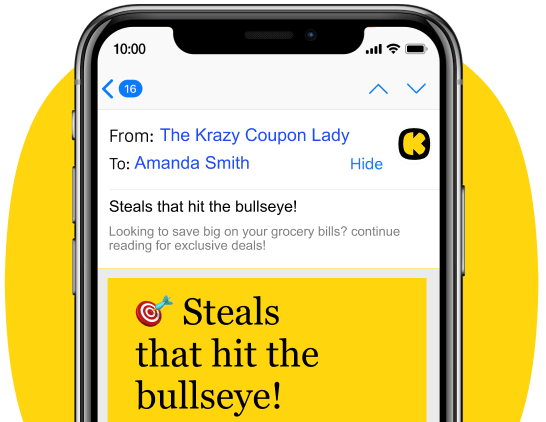









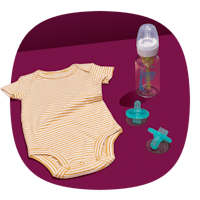
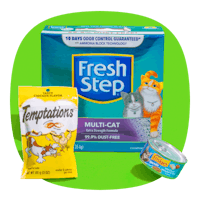

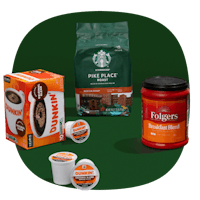
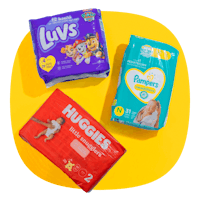


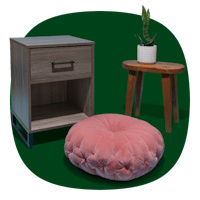
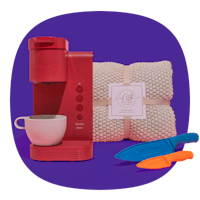
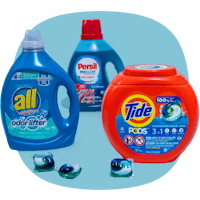

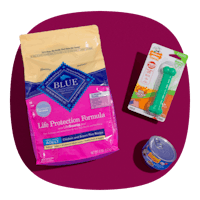

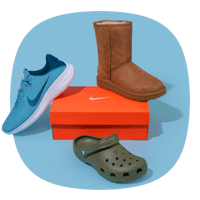
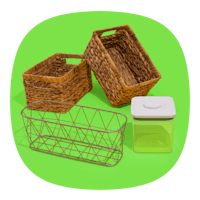
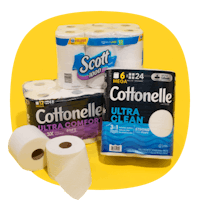

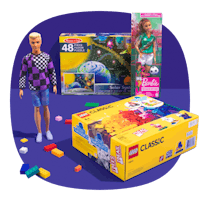

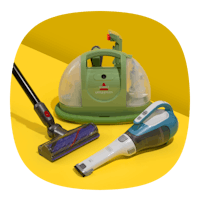
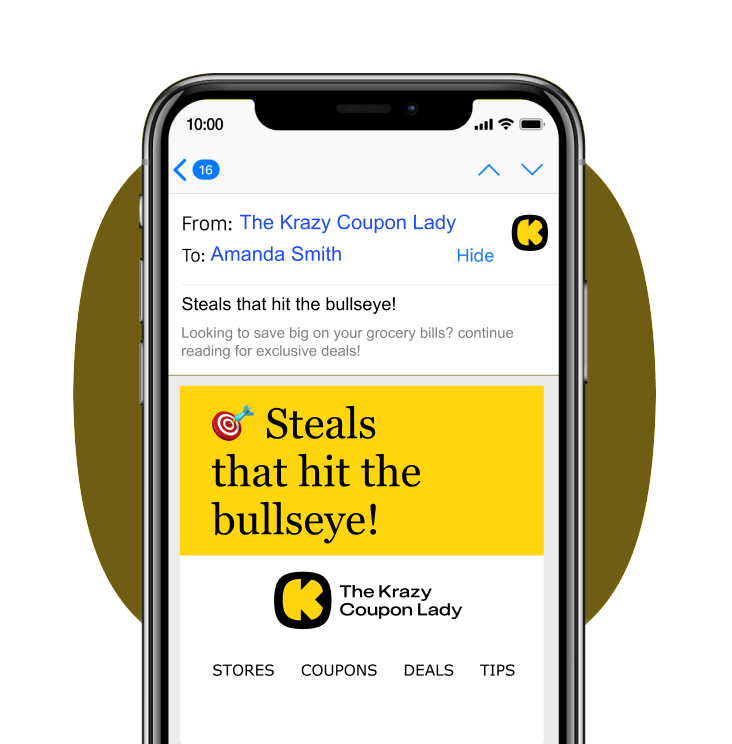
Tell us what you think